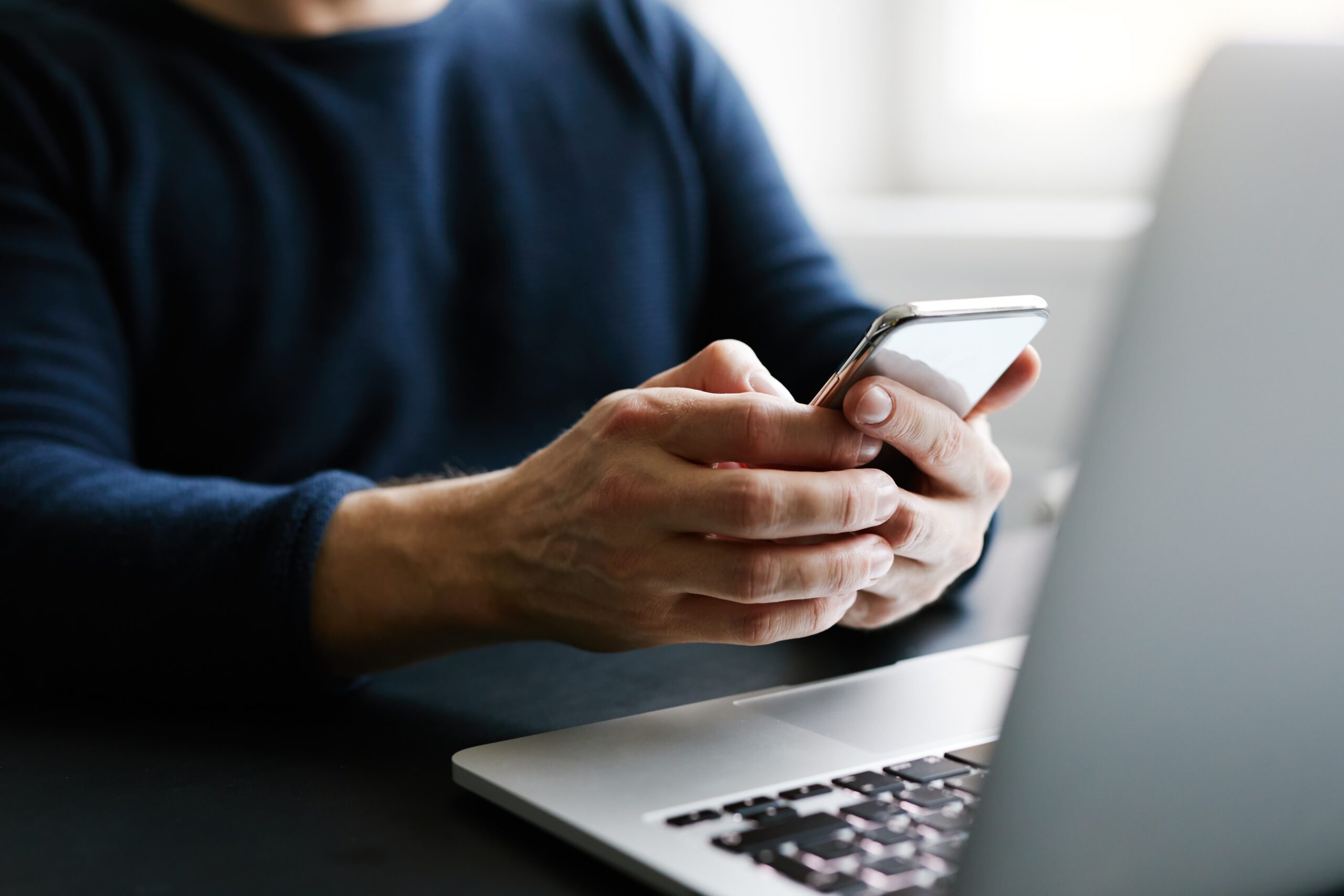
To start, let us say this: if you are new to recovery and just getting your life in order, first things first. In this case, recovering from substance abuse or alcoholism should be a top-shelf priority. But if you’ve been around a little while, and are looking for ways to feel saner, happier, and healthier this year, consider a digital detox.
Why? Because our collective obsession with our devices is reportedly making us more miserable and is just as addictive as gambling, drugs, or other less-than-ideal habits.
While we are of course grateful for the connectivity, is there a limit to how much time we should spend in front of screens in a given day to maintain optimal physical and mental health? Research by the National Institutes of Health found that increased screen time may lead to poorer mental health for some, while promoting connectedness for others. So how do we navigate these complex waters?
We looked into this question and discovered the wide world of “digital wellness.” Although this admittedly sounds like a buzzy marketing term coined by Apple to soften the guilt of our screen time, it’s apparently a real thing. Here’s what we discovered about excessive screen time and why a digital detox might be beneficial….
Balance is Key
Tech is designed to be addictive.
While no one is trying to take away your screens – let’s face it, there would be riots in the streets – a little balance is probably in order. To avoid that sinking feeling that comes from binging Netflix for hours on end, try to intersperse your online consumption with time doing things in the analog world. A little exercise or a voice call with a friend can go a very long way toward feeling sane and connected. If your work involves screen time, try apps like Stretchly, which remind you to move your body or think about something uplifting every so often. They can be game-changers and help us remember that life is going on around us.
Digital Detox
Many people have had huge success with sleeping with their phones outside of their bedrooms, and not using screens for the first hour of the day. We know that the impulse to check your messages and scroll through Instagram first thing can be strong. But anecdotally, many people report increased life satisfaction, productivity, and calm when they start their days while doing a digital detox. This might just be the boost you need to develop a running habit or finally bake that banana bread.
What’s more – one of the most toxic aspects of screen time – social media FOMO, will be avoided altogether, until you’ve at least had your coffee.
Good Hygiene
Another popular tactic involves short-circuiting the reward systems that make our devices so addictive in the first place. Those little notifications that let you know someone has messaged you or liked your photo actually deliver hits of dopamine, the chemical that activates our brain’s pleasure centers. Disabling your devices’ notifications will help you from getting constantly distracted by the endless chatter. This can make you more productive, better able to stay in the moment, and make your tech less addictive.
Device Usage Apps
In the face of the copious negative reporting on tech addiction, big firms like Apple and Google have in recent years installed their own tools to help people manage their device usage. Try taking advantage of apps like Screen Time and Downtime. Here’s how to do it for iPhone. You can block out interruptions during work time, or even set hard limits on your social media usage. These apps also generate reports showing exactly how you are spending your screen time. You might be totally alarmed by how much time you spend each week mindlessly scrolling.
While it would take a saintly degree of self-control to abandon your device altogether, we are simply promoting a saner way to interact with tech, so that it serves you, rather than owns you. Good luck with your digital detox!